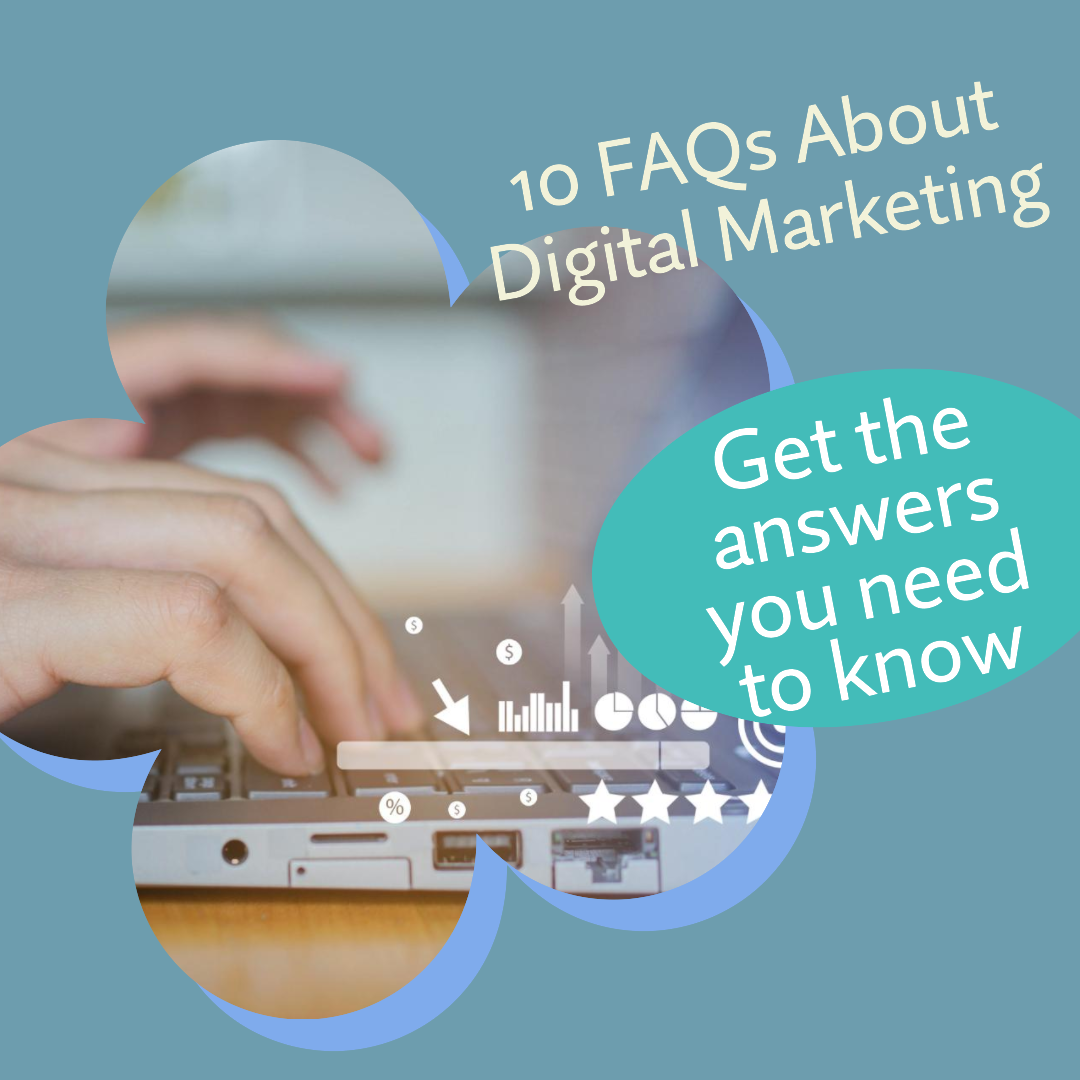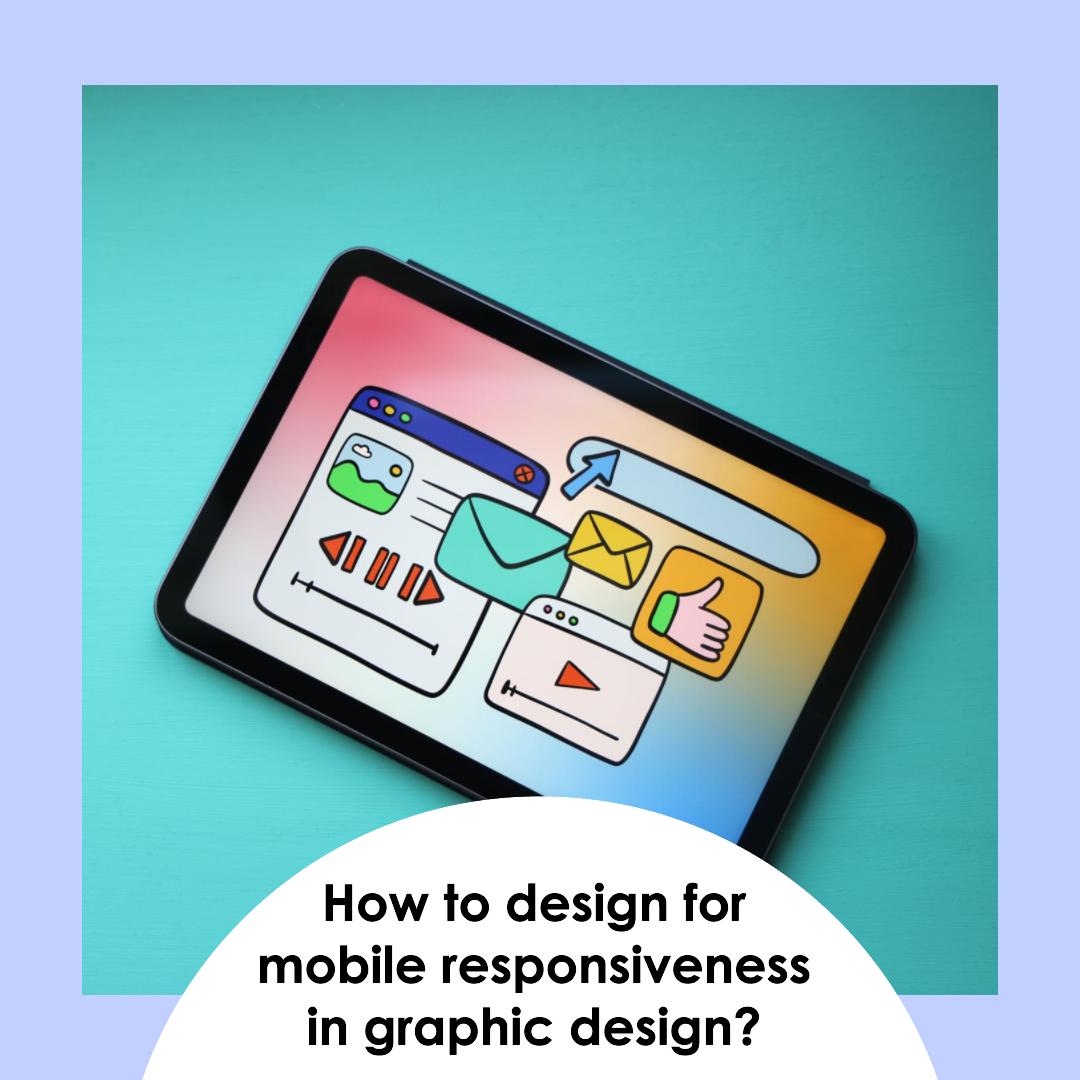Digital marketing is the use of digital channels to reach and engage with your target audience. It includes a wide range of activities, such as search engine optimization (SEO), pay-per-click (PPC) advertising, social media marketing, email marketing, and content marketing.
Digital marketing is a powerful tool that can help you reach a wider audience, generate more leads, and increase sales. However, it can be a complex and ever-changing field. That’s why it’s important to have a good understanding of the basics.
In this blog article, we will answer the top 10 FAQs about digital marketing. We will cover topics such as what is digital marketing, the different channels of digital marketing, and how to measure the success of your digital marketing campaigns.
Table of Contents
FAQ 1: What is digital marketing?
Digital marketing is the use of digital channels to reach and engage with your target audience. It includes a wide range of activities, such as:
- Search engine optimization (SEO): SEO is the process of optimizing your website so that it appears higher in search engine results pages (SERPs).
- Pay-per-click (PPC) advertising: PPC advertising is a type of online advertising where you pay a fee each time someone clicks on your ad.
- Social media marketing: Social media marketing is the use of social media platforms to connect with your target audience and promote your products or services.
- Email marketing: Email marketing is the process of sending email messages to a list of subscribers.
- Content marketing: Content marketing is the creation and distribution of valuable content to attract and retain a target audience.
FAQ 2: What are the different channels of digital marketing?
There are many different channels of digital marketing, but some of the most popular include:
- Search engine marketing (SEM): SEM includes both SEO and PPC advertising.
- Social media marketing: Social media platforms such as Facebook, Twitter, and LinkedIn are a great way to connect with your target audience and promote your products or services.
- Email marketing: Email marketing is a powerful way to stay in touch with your subscribers and promote your products or services.
- Content marketing: Content marketing is a great way to educate your target audience and build trust with them.
- Display advertising: Display advertising is a type of online advertising where your ads appear on other websites.
- Affiliate marketing: Affiliate marketing is a type of marketing where you earn a commission for each sale that you generate.
- Video marketing: Video marketing is a great way to engage your target audience and promote your products or services.
FAQ 3: How to measure the success of your digital marketing campaigns?
There are many different ways to measure the success of your digital marketing campaigns. Some of the most common metrics include:
- Website traffic: This metric measures the number of visitors to your website.
- Conversion rate: This metric measures the percentage of visitors who take a desired action, such as signing up for your email list or making a purchase.
- Return on investment (ROI): This metric measures the amount of money you earn from your digital marketing campaigns as a percentage of the money you spend on them.
FAQ 4: What are the benefits of digital marketing?
There are many benefits to digital marketing. Some of the most important benefits include:
- Reach: Digital marketing can help you reach a wider audience than traditional marketing methods.
- Engagement: Digital marketing can help you engage with your target audience in a more personal and interactive way.
- Measurability: Digital marketing is measurable, so you can track the results of your campaigns and see what’s working and what’s not.
- Cost-effectiveness: Digital marketing can be a cost-effective way to reach your target audience.
FAQ 5: What are the challenges of digital marketing?
There are also some challenges to digital marketing. Some of the most important challenges include:
- Competition: There is a lot of competition in the digital marketing space.
- Constant change: The digital marketing landscape is constantly changing, so it can be difficult to keep up.
- Measuring results: It can be difficult to measure the results of your digital marketing campaigns.
FAQ 6: How to get started with digital marketing?
If you’re new to digital marketing, here are a few tips to get you started:
- Set goals: What do you want to achieve with your digital marketing campaigns? Do you want to increase website traffic, generate leads, or increase sales? Once you know your goals, you can start to develop a strategy to achieve them.
- Do your research: Before you start any digital marketing campaigns, it’s important to do your research and understand your target audience. Who are they? What are their interests? What are their pain points? Once you understand your target audience, you can start to create content and campaigns that will resonate with them.
- Choose the right channels: Not all digital marketing channels are created equal. Some channels are better suited for certain goals than others. For example, if you want to increase website traffic, SEO and PPC advertising are great channels to use. If you want to generate leads, email marketing and social media marketing are great channels to use.
- Create great content: Content is king in digital marketing. If you want to be successful, you need to create great content that will attract and engage your target audience. Your content should be informative, helpful, and interesting.
- Track your results: It’s important to track the results of your digital marketing campaigns so you can see what’s working and what’s not. This will help you to optimize your campaigns and get the most out of your investment.
FAQ 7: What are the most common mistakes in digital marketing?
There are a few common mistakes that people make in digital marketing. Some of the most common mistakes include:
- Not having a clear goal: If you don’t know what you want to achieve with your digital marketing campaigns, you’re not likely to be successful.
- Not targeting your audience: If you’re not targeting your content and campaigns to your target audience, you’re not going to reach the people who are most likely to be interested in what you have to offer.
- Not creating great content: If your content isn’t informative, helpful, or interesting, people aren’t going to read it or share it.
- Not tracking your results: If you’re not tracking the results of your digital marketing campaigns, you’re not going to know what’s working and what’s not.
FAQ 8: What are the future trends in digital marketing?
The digital marketing landscape is constantly changing, so it’s important to stay up-to-date on the latest trends. Some of the most promising trends in digital marketing include:
- Mobile marketing: Mobile devices are becoming increasingly popular, so it’s important to make sure your digital marketing campaigns are optimized for mobile.
- Social media marketing: Social media is a powerful tool for connecting with your target audience, so it’s important to have a strong social media presence.
- Content marketing: Content marketing is becoming increasingly popular, as it’s a great way to educate your target audience and build trust with them.
- Personalization: Personalization is becoming increasingly important in digital marketing, as it allows you to deliver targeted messages to your target audience.
- AI-powered marketing: AI is starting to be used in digital marketing, and it has the potential to revolutionize the way we market our products and services.
FAQ 9: What is the future of digital marketing?
The future of digital marketing is bright. As technology continues to evolve, so will the way we market our products and services. However, some of the key principles of digital marketing will remain the same. For example, it will always be important to create great content, target your audience, and track your results.
FAQ 10: Where can I learn more about digital marketing?
There are many resources available to help you learn more about digital marketing. Some of the best resources include:
- Books: There are many books available on digital marketing. Some of the best books include:
- Digital Marketing: Strategy, Tactics, and Tools by David Skok
- The Digital Marketing Bible by Avinash Kaushik
- Content Marketing: The Complete Guide for Beginners and Professionals by Joe Pulizzi
- Websites: There are many websites that offer information on digital marketing. Some of the best websites include:
- HubSpot
- WordStream
- SEMrush
- Online courses: There are many online courses available on digital marketing. Some of the best online courses include:
- Digital Marketing Course by Udemy
- Google Digital Marketing Fundamentals by Google
- Digital Marketing for Beginners by LinkedIn Learning
I hope this article has answered your questions about digital marketing. If you have any other questions, please feel free to leave a comment below.
Conclusion:
Digital marketing is a complex and ever-changing field, but it can be a powerful tool for reaching your target audience and achieving your business goals. By following the tips in this article, you can get started with digital marketing and start seeing results.








